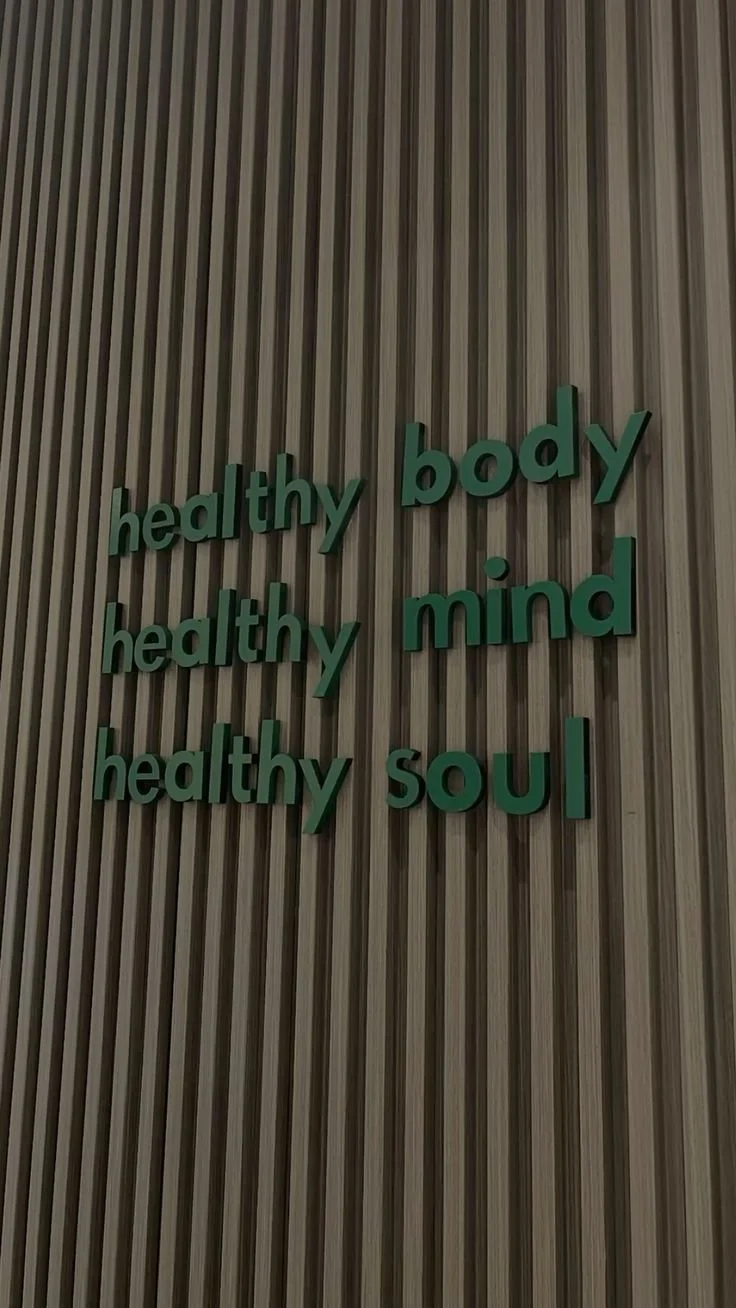Building A Sustainable Workforce In Healthcare
Creating a sustainable workforce in healthcare is like assembling the pieces of a complex puzzle. You need to fit the right pieces together, and it’s not just about filling jobs. It’s about ensuring that the people who care for others are cared for themselves and supported in ways that make them want to stick around and keep doing what they love.
The challenge is undeniably real: navigating the complexities of healthcare is tough, both emotionally and physically, and the pressures can pile up incredibly fast for everyone involved. In this article, we explore how building a sustainable healthcare workforce is not just beneficial but necessary as we move forward into the future of this vital industry.
The Reality of the Healthcare Workforce
Let’s start with the reality: the healthcare sector is under massive pressure. But here’s the kicker—while the demand for care keeps climbing, the supply of healthcare workers isn’t. This mismatch is creating serious issues like staffing shortages and burnout.
When you add in the emotional toll that comes with working in healthcare—long hours, stressful situations, and often dealing with life-and-death scenarios—it’s no wonder that burnout rates are sky-high. Many healthcare workers feel drained and, frankly, fed up.
If we don’t address these issues head-on, we risk losing skilled professionals who are vital to the entire system. This is why sustainability in healthcare isn’t just a buzzword; it’s a necessity.
What Does a Sustainable Workforce Look Like?
Sustainability in healthcare means looking at the long-term: not just plugging holes in the workforce but building something that can last. This involves a mix of strategies:
No. 1
Taking Care of the Caregivers
Here’s a question: How can we expect healthcare workers to provide excellent care if they aren’t being cared for themselves? Supporting the mental and physical well-being of healthcare workers should be a top priority. Working in healthcare is tough—constant exposure to stress, illness, and emotional situations takes a toll. We must ensure workers have access to the support they need.
This could include things like:
Mental Health Support - Access to counselling and therapy services.
Peer Support Programs - Connecting workers so they can lean on each other.
Work-life Balance Initiatives - Encouraging reasonable hours and time off.
It’s simple: happier and healthier workers provide better and more compassionate care. When healthcare workers feel genuinely supported in their roles, they’re much more likely to stick around for the long haul, which is exactly what a sustainable workforce needs for optimal performance and continuity in patient care.
No. 2
Flexibility Matters
Traditional healthcare schedules can be brutal. Long shifts, late nights, and rigid timetables can wear people down fast. Flexibility is key to keeping healthcare workers happy and preventing burnout.
Offering flexible work arrangements isn’t just a perk; it’s a way to keep talented professionals in the field. Especially in healthcare, where burnout is a constant threat, being able to adjust work to fit life, instead of the other way around, is crucial.
No. 3
Enter the SCHADS Award
Here’s where the SCHADS Award comes into play. The Social, Community, Home Care and Disability Services (SCHADS) Award sets the standard for fair pay and working conditions in these sectors, which includes healthcare.
SCHADS award rates are a fundamental part of the puzzle, ensuring that those who work in home care and community services are treated fairly and have the protections they deserve.
This award is a crucial step toward sustainability because it recognizes the importance of these roles in the overall healthcare system. When workers feel valued and are compensated fairly, they’re more likely to stay in their jobs long-term. It’s about creating a stable foundation, which is exactly what we need to build a sustainable workforce.
No. 4
Upskilling and Growing: Learning Never Stops
The healthcare field is constantly evolving. New technologies, treatments, and methods are always emerging, which means healthcare workers need to keep learning and growing.
Investing in ongoing education and professional development is key. This could be through leadership training, specialized certifications, or simply keeping up with the latest best practices. When workers have opportunities to learn and advance, they stay engaged and motivated.
No. 5
Building a Positive Workplace Culture
Workplace culture can make or break any job, and healthcare is no different. A positive, supportive culture can do wonders for retaining staff, while a toxic one will send people running for the exit. So, what makes for a great culture in healthcare? It’s all about respect, recognition, and open communication.
Recognizing the hard work of healthcare staff, celebrating successes, and offering clear paths for career growth can all contribute to a culture where people want to stay. And when people feel good about where they work, they’re more likely to bring that positive energy into patient care.
Encourage Open Communication – Create an environment where staff feel comfortable sharing ideas, concerns, and feedback.
Recognize Achievements – Regularly acknowledge and celebrate the hard work and accomplishments of your team, big or small.
Foster Inclusivity – Ensure that every staff member feels valued, respected, and included in decision-making processes.
Provide Clear Career Growth Paths – Offer opportunities for professional development and clearly outline how staff can advance in their roles.
Prioritise Mental Health – Implement mental health initiatives and support systems that promote well-being and prevent burnout.
Lead By Example – Leaders should model positive behaviors, showing empathy, respect, and support for their team.
Promote Work-life Balance – Encourage reasonable work hours, regular breaks, and respect for time off to help staff recharge.
Takeaways
A sustainable healthcare workforce isn’t simply about filling jobs to meet immediate needs. It’s about ensuring that patients receive the very best care possible from a dedicated team that is not only capable but also thriving in their roles and passionate about their work. This holistic approach promotes a healthier environment for both caregivers and those they serve, fostering long-term success in healthcare delivery.
LOOKING FOR WELLNESS RESOURCES?
Are you looking to enhance your wellness routine? Explore our wellness partners who offer a wide range of resources to support your journey toward holistic living and well-being.






























